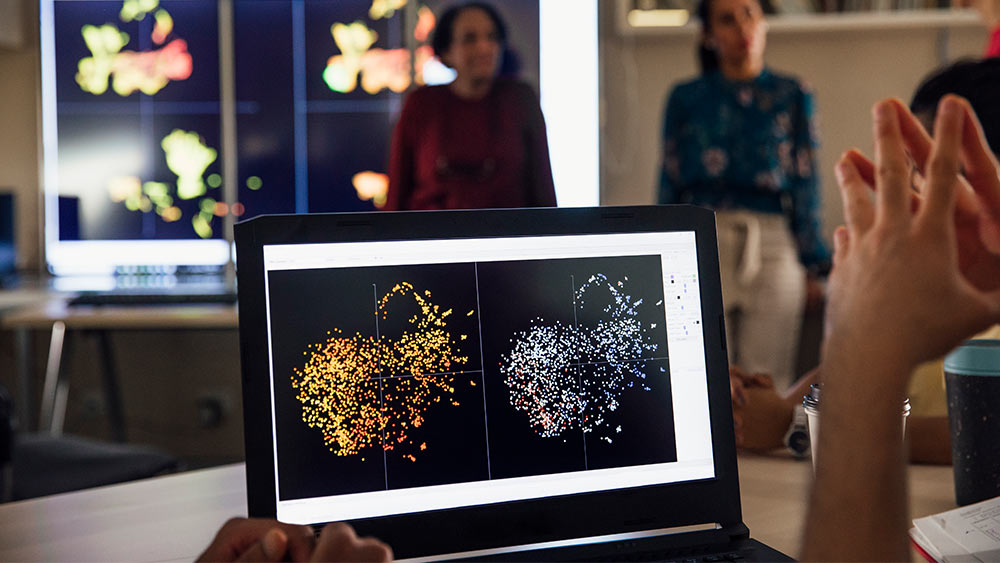
A student organization in the Department of Nuclear Engineering at Texas A&M University is not letting the challenges that come with virtual learning stop them from flourishing – even in the middle of a pandemic.
Women in Nuclear is an organization of men and women who want to advance nuclear energy and technology in the United States through advocacy, education and the advancement of women. The Texas A&M chapter consists of 63 people.
“We’re in a unique time of history where these challenges are affecting everyone on the planet in different ways, in every way of life,” said Morgan Rogers, Women in Nuclear president. “For students, the challenge of completing a nuclear degree has been exponentially increased with the online format and social isolation.”
WIN took the opportunity to find new ways to communicate and come together as students and learn outside of the classroom. Despite the inability to meet in person or hold large gatherings, WIN continues to meet throughout the semester, oftentimes inviting prominent researchers in the industry to speak virtually.
Most recently they’ve heard from Christine Czismadia, director of State Government Affairs & Advocacy at the Nuclear Energy Institute, who instructed them on how to become better advocates. Former student Dr. Luz Martinez Sierra, a space environment engineer, also presented at a meeting to discuss her career and nuclear applications in the space industry.
This year, the Texas A&M chapter decided to concentrate on expanding their outreach and advocacy efforts through community education as well.
It’s a common misconception that nuclear energy is something to fear, and many nuclear scientists believe that part of their duty is to educate the public about the realities of nuclear energy and its many benefits. For nuclear engineers, outreach and advocacy efforts include increasing community awareness and education about nuclear energy.
“So far, we’ve prepared materials and reached out to local school districts about training teachers how to teach nuclear science,” said Rogers. If the coronavirus continues to delay outreach plans in the spring, they will look into giving virtual presentations to local school districts about the various sectors in the nuclear engineering industry.
Rogers credits their success to the enthusiasm and determination of the students in the organization and the officers.
“We have an incredible group of women in the officer positions this year who are ambitious, hardworking and creative,” said Rogers. “Without the officers taking on additional responsibilities on top of their studies, I don’t think we would have had such an exceptional line of speakers this semester, nor as much drive to continue to meet every week and find new ways to engage students.”